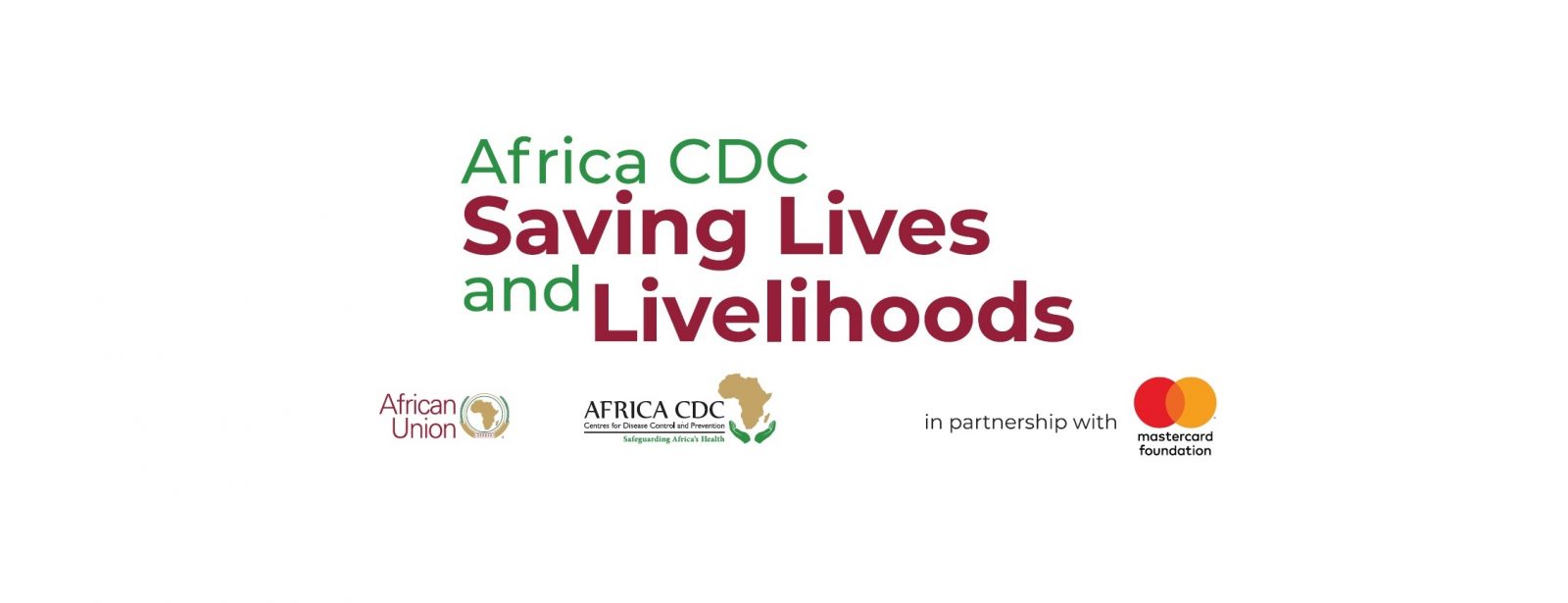Published
3 years agoon

Australian Scientists have revealed that stress and calorie-dense comfort foods alter the brain in ways that encourage overeating, increase the desire for sweet, highly appealing foods, and result in unwanted weight gain.
According to a study by the Garvan Institute of Medical Research, the brain’s normal response to fullness was overridden by stress, which resulted in constant reward signals encouraging the consumption of more highly appetizing food.
This particular process occurs in the lateral habenula, a part of the brain that generally muffles these reward signals when active.
Senior author of the “How chronic stress drives the brain to crave comfort food” study and Visiting Scientist at the Garvan Institute, Professor Herbert Herzog, stated that the findings suggest that stress can prevent the brain from naturally reducing the pleasure associated with eating. As a result, the brain is constantly rewarded for eating.
Professor Herzog also explained that a high-calorie diet and ongoing stress lead to increased food consumption and an addiction to sweet, highly appealing foods, which can lead to weight gain and obesity, noting that this study aims to highlight the importance of a balanced diet under stress.
To understand what drives these eating habits, Researchers investigated in mouse models the responses of different areas in the brain to chronic stress under several diets, which showed that stressed mice on a high-fat diet gained twice as much weight as the non-stressed ones.
Following the initial phase of the experiment, researchers performed a “sucralose preference test,” allowing mice to choose a drink between plain water and artificially-sweetened water.
“Stressed mice on a high-fat diet consumed three times more sucralose than mice that were on a high-fat diet alone, suggesting that stress not only activates more reward when eating but specifically drives a craving for sweet, palatable food,” explained Professor Herzog.
In a similar context, Professor Herzog emphasized that an energy boost from eating is helpful in stressful times because it’s easier to expend a lot of energy and the feeling of pleasure can result in calmness, underlining that “when experienced over long periods of time, stress appears to change the equation, driving eating that is bad for the body long term.”
“This research emphasizes just how much stress can compromise a healthy energy metabolism,” indicated Professor Herzog, adding that “It’s a reminder to avoid a stressful lifestyle, and crucially, if you are dealing with long-term stress, try to eat a healthy diet and lock away the junk food.”

Health: Morocco, Czech Republic Examine Ways to Strengthen Cooperation


World Autism Awareness Day: From Surviving to Thriving


Measles: Morocco’s Ministry of Health Launches Extensive National Vaccination Campaign

Africa CDC, Mastercard Foundation Affirm Commitment to Improving Health in Africa

Bottled Water May Contain Hundreds of Thousands of Plastic Particles per Liter (Study)

National Cancer Day: Collective Action to Reinstill Hope
































Althena Media Group
Address:
Kamal Parc Center, Building A. Mohammedia. 28 810 Morocco
Phone Number: +212.710.39.99.99
Email: Contact@moroccoenglishnews.com
Advertising: Ads@moroccoenglishnews.com
Morocco English News is a leading digital news platform based in Morocco.
Morocco English News: See Morocco Differently
Updates and insights related to politics, culture, industry and technology, life and entertainment, Business and Finance.
